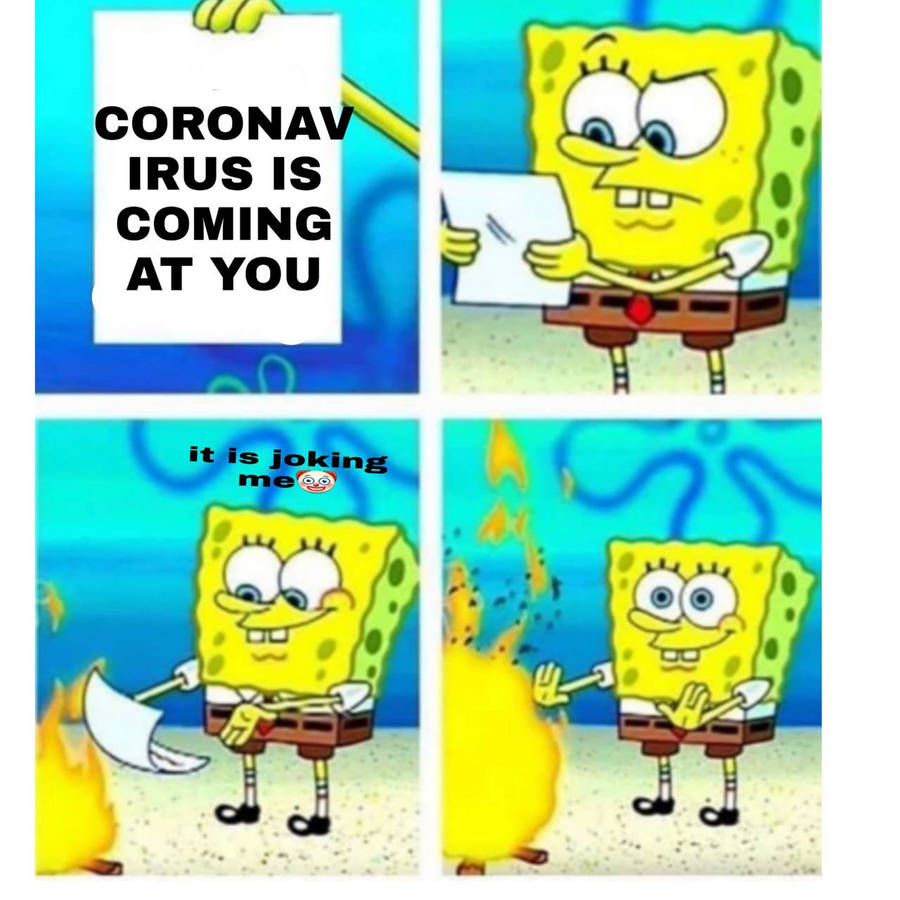Speaking of good grammar, one must be able to write well constructed sentences to communicate effectively. Here are some common errors that many writers make when writing:
A Sentence Fragment is a group of words that doesn’t express a complete thought. Some are fragments in which the subject or verb is missing, but also there are fragments that are dependent clauses. Each type of fragment lacks a complete thought and has mechanical issues for overall clarity.
Walked his dog at five o’clock. (Who walked his dog? Add a subject.)
My neighbor walked his dog at five o’clock.
The final exam on Friday. (What about the final exam?Add a verb.)
The final exam is on Friday.
Missing Subject: (It may contain nouns, but not a noun that acts as the subject.)
Have plans for the party on Friday.
We have plans for the party on Friday.
Missing Verb: (There is a subject, but no verb.)
The student working on his term paper.
The student was working on his term paper when he fell asleep.
Dependent Clause Fragments
Because Mr. Pastorelli caught a cold last week.
Because Mr. Pastorelli caught a cold last week, he missed work.

A Run On sentence is a combination of clauses joined or fused incorrectly, either with punctuation or incorrect punctuation. This sentence structure error is among the most common; the solution for run-ons is to identify and then correct.
Fused Sentence: (Incorrectly joins two independent clauses without any or incorrect punctuation.)
The sun is shining we are going to the beach.
The sun is shining. We are going to the beach.
Comma Splice: (Incorrectly joins two independent clauses with a comma.)
The sun is shining, we are going to the beach.
The sun is shining, and we are going to the beach.
IDENTIFYING RUN-ONS:
Identify the subjects and the verbs in a word group that ends in a period.
If the subjects and verbs can be divided into two complete thoughts that are not joined with the proper punctuation, then the word group is a run-on.
If the word group cannot be divided into two complete thoughts (with two subjects and verbs), it is not a run-on.
1. Period/Capitol Letter – Separate the independent clauses with a period and capitol letter.
The sun is shining. We are going to the beach.
2. Joining Word/Comma: Join the clauses with a comma and “joining word” (coordinating conjunction).
The sun is shining, so we are going to the beach.
3. Semi-Colon (With Transitional expression): Join clauses with semi-colon and/or phrases.
The sun is shining; we are going to the beach. OR
The sun is shining; therefore, we are going to the beach.
4. Add a dependent word: Join the clauses by making one dependent (subordinating conjunction).
Because the sun is shining, we are going to the beach.

Thanks for visiting; I hope this is useful in thinking about your sentence construction!
